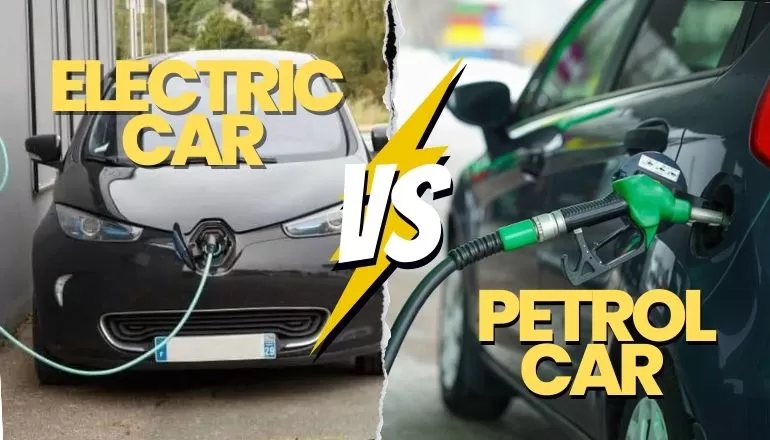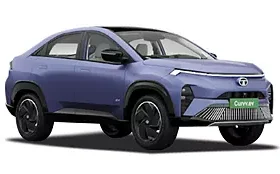Electric car ownership costs represent a compelling argument for transitioning to sustainable transportation, driven by significant savings in fuel, maintenance, and potential incentives. One of the primary attractions of owning an electric vehicle (EV) is the substantial reduction in fuel expenses. Unlike conventional gasoline-powered cars, EVs rely on electricity, which generally costs less per mile traveled. This disparity in fuel costs can result in considerable savings over the lifetime of the vehicle, especially as global energy markets fluctuate and gasoline prices remain unpredictable.

Maintenance costs also play a pivotal role in the affordability of electric car ownership. EVs boast simpler drivetrains with fewer moving parts compared to traditional internal combustion engines. This translates to reduced wear and tear and fewer components susceptible to failure. For instance, EVs do not require oil changes, and brake wear is minimized thanks to regenerative braking systems that recapture energy during deceleration. As a result, owners typically spend less on routine maintenance, further lowering the overall cost of ownership.
Government incentives and tax benefits further enhance the financial attractiveness of owning an electric car. Many countries and regions offer incentives such as tax credits, rebates, reduced registration fees, and access to preferential lanes for electric vehicles. These incentives aim to stimulate the adoption of clean energy vehicles and reward environmentally conscious consumers. By leveraging these incentives, EV owners can offset a portion of the initial purchase price and ongoing operational costs, making electric cars a more economical choice compared to their gasoline counterparts.
Technological advancements in battery technology have been instrumental in driving down electric car ownership costs. Batteries are a critical and expensive component of EVs, but innovations in battery chemistry, manufacturing processes, and economies of scale have led to cost reductions and improved performance. Modern electric vehicles offer increased driving ranges and faster charging capabilities at more competitive prices, making them increasingly viable for everyday use and long-distance travel.
When evaluating the total cost of ownership (TCO), which includes purchase price, fuel or energy costs, maintenance expenses, and depreciation, electric cars often demonstrate a favorable financial proposition. While initial purchase prices for EVs may be higher than comparable gasoline-powered vehicles, the lower operating and maintenance costs over time can offset this difference. Studies have shown that over the vehicle’s lifespan, these savings can result in a lower TCO for electric cars, making them a prudent investment for budget-conscious consumers looking to minimize long-term transportation expenses.
The expansion of charging infrastructure is another critical factor in enhancing the practicality and affordability of electric car ownership. Investments in public and private charging networks have improved accessibility and convenience for EV owners, addressing concerns about range anxiety and enabling seamless travel over longer distances. The proliferation of fast-charging stations further supports the feasibility of electric vehicles for daily commuting and extended trips, offering drivers more flexibility in their travel plans.
In conclusion, electric car ownership costs reflect a comprehensive financial benefit with lower fuel expenditures, reduced maintenance requirements, potential government incentives, advancements in battery technology, and expanding charging infrastructure. These factors collectively contribute to making electric vehicles a cost-effective and sustainable option for environmentally conscious consumers. As the automotive industry continues to innovate and governments worldwide prioritize clean energy initiatives, the affordability and accessibility of electric cars are expected to improve further, reinforcing their role as a pivotal solution in the transition toward greener transportation alternatives.


















Hi there are using WordPress for your site platform? I’m new to the blog world but I’m trying to get started and create my own. Do you require any coding knowledge to make your own blog? Any help would be greatly appreciated!